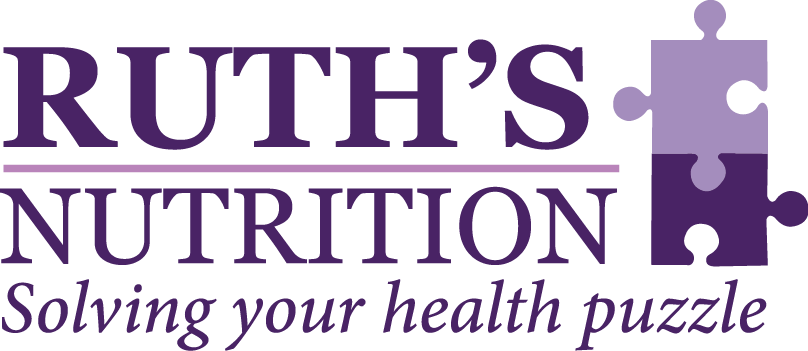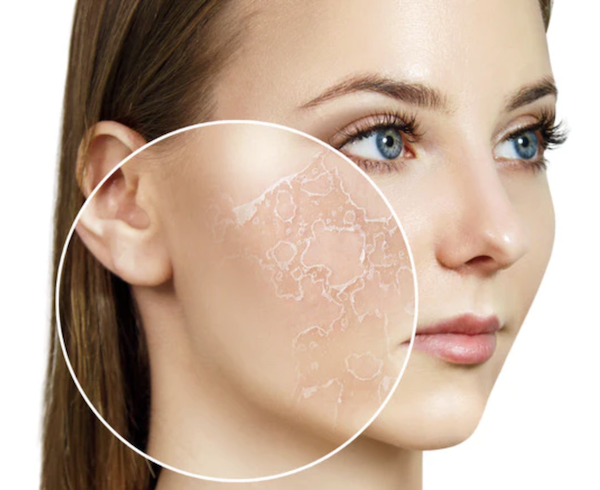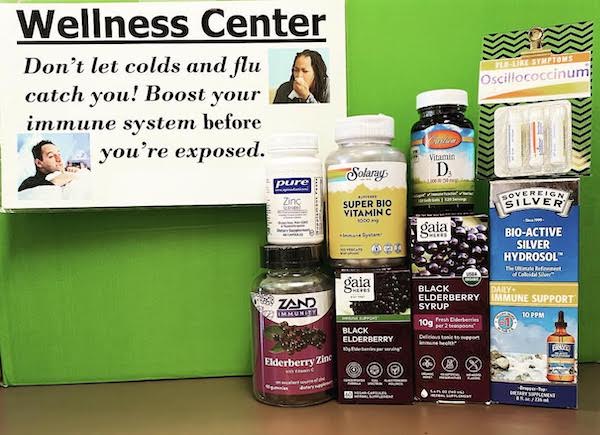The neuroprotective, cardioprotective, anti-aging antioxidant

You may remember talk of resveratrol’s benefits when hit the news a few years back. It was a hot topic because studies showed resveratrol prolonged the life of mice, and it became associated with promoting longevity in general.
Since then, this plant compound found in grapes and other fruits has been studied almost continuously with the results offering up a bounty of benefits. Studies show it has anti-inflammatory, neuroprotective, antioxidant, anticancer, and cardioprotective effects.
The most recent focus is on using resveratrol as an adjunct treatment for COVID-19 infection, as it can lower the risk that the infection will cause hyperactivate inflammation. Another recent study found giving postmenopausal women 75 mg twice daily for 12 months showed a 33% improvement in cognitive performance.
Matters of the heart & brain
Resveratrol has the ability to lower blood pressure, probably through helping produce more nitric oxide, a naturally occurring vasodilator. This is especially helpful with age as arteries tend to stiffen as we get older.
Animal studies show resveratrol can lower total cholesterol and increase levels of HDL, the so-called “good” cholesterol. As an antioxidant, it also may decrease the oxidation of LDL cholesterol, a process that contributes to plaque build-up on artery walls.
Reservatrol increases blood flow to the brain, and, unlike many supplements, its antioxidants can cross the blood-brain barrier. Studies show it can interfere with the formation of beta-amyloids, protein fragments involved in the plaques that indicate Alzheimer’s disease.
Diabetes
Resveratrol improves insulin sensitivity, lowers inflammation, and helps lessen oxidative damage – all three are serious issues for diabetics and prediabetics. Resveratrol activates AMPK, a protein that helps the body metabolize glucose. Its antioxidant actions may help prevent complications of diabetes.
Cancer
Again because of its antioxidant and anti-inflammatory effects, resveratrol has been shown to have anti-cancer effects in animals and test tube studies. Specifically, it appears to block the multistep process of carcinogenesis at various stages: tumor initiation, promotion, and progression. Studies show it may prevent cancer cells from replicating and spreading, it may change gene expression to inhibit cancer cell growth, and it may have positive hormonal effects.
Risks & dosing
At this time studies show no major risks to taking resveratrol supplements. Common dosing is between 250-500 mg daily.
REFERENCES




